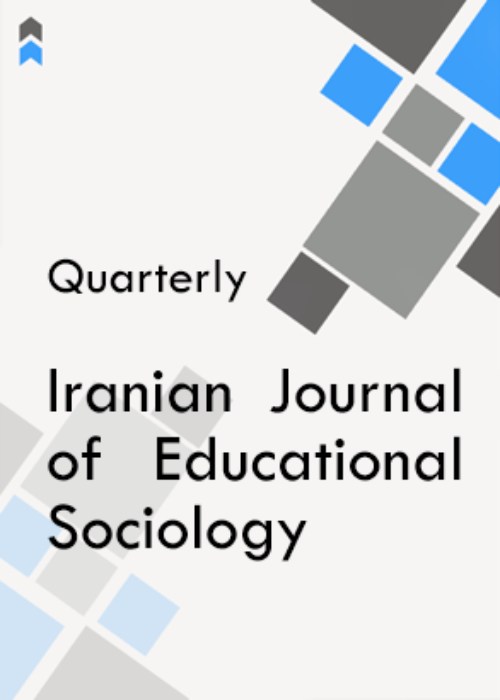Designing the Psychological Capital Model in Iran's Government Organizations Using a Mixed Method from the Islamic Perspective
Psychological capital refers to the state of positive psychological development of a person and it is important and investigated considering thestrive to achieve goals and to undertake and make the necessary effort to succeed in challenging tasks. From the Islamic perspective, psychological capital (PC) is a person's belief in his abilities to achieve success, to have perseverance in pursuing goals, endure problems and having patience in this regard. The purpose of the current research was to design the model of psychological capital from the Islamic perspective in Iran's governmental organizations.
The current research is considered a mixed research (qualitative-quantitative). The qualitative section included Quran and Nahj al-balagha, and the quantitative section included PC experts, as well as faculty members who have conducted research in the field of PC. In the qualitative section, the study sample selected using complete enumeration and included Quran and Nahj al-Balagha, and to collect the data in the quantitative section, a total of 15 people were selected using purposive sampling method who then answered the questions of the Delphi questionnaire. According to the analysis of the Quran and Nahj al-Balagha, a total of 126 semantic expressions and primary open code as well as 17 PC-related indices were extracted. These indices were merged and then selective coding was carried out. In the second stage, Delphi quantitative research method was used. Finally, PC-related indices and items were extracted and categorized after data collection. Cohen's kappa index was used to validate the coding process and ensure quality control of the factors.
The results of the research showed that the Islamic-based PC included 18 axial codes and 4 selective codes (the self-purification dimension with six axial codes; the patience dimension with two axial codes.
the positive thinking dimension with four axial codes and the truth-seeking dimension with six axial codes).
- حق عضویت دریافتی صرف حمایت از نشریات عضو و نگهداری، تکمیل و توسعه مگیران میشود.
- پرداخت حق اشتراک و دانلود مقالات اجازه بازنشر آن در سایر رسانههای چاپی و دیجیتال را به کاربر نمیدهد.


